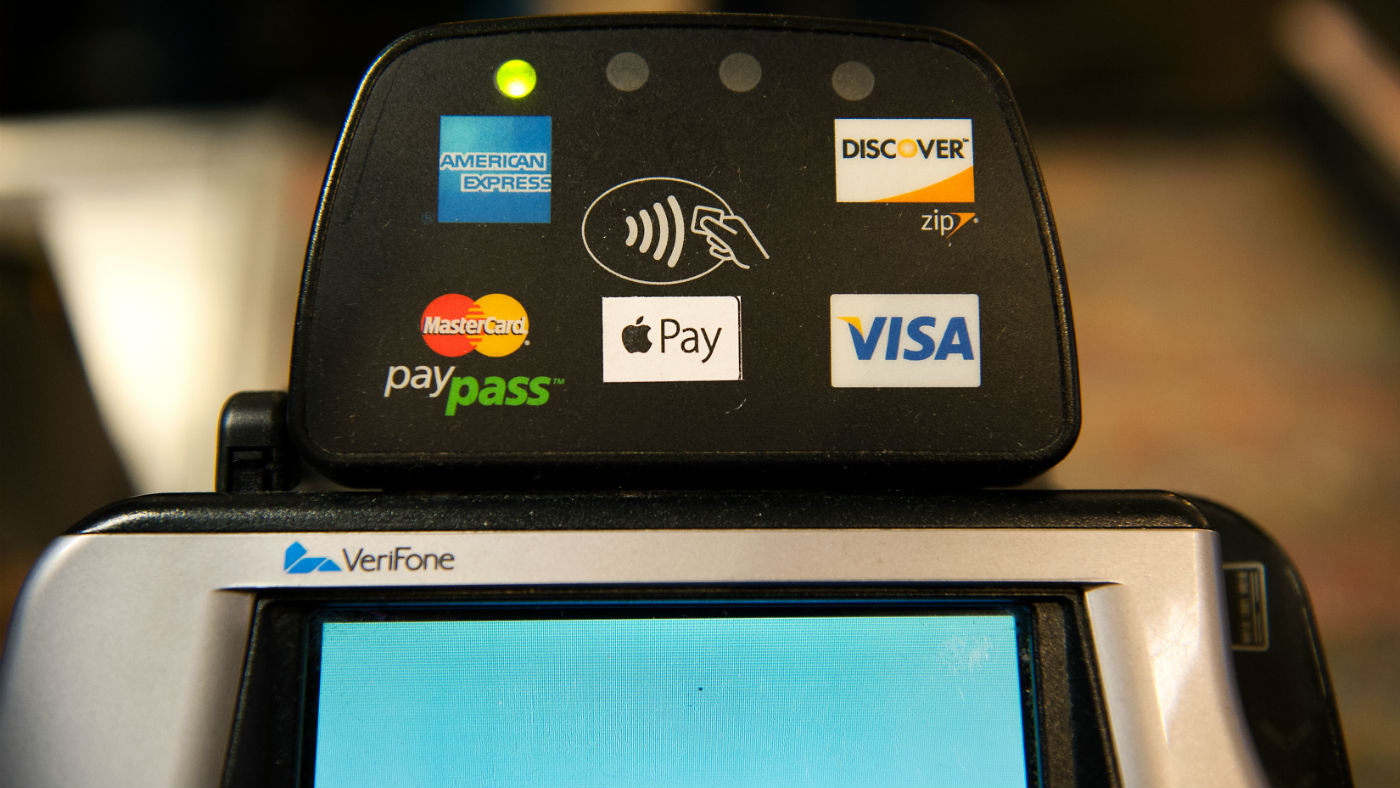Five facts about debit cards
Plastic has now overtaken cash as the main way to pay in the UK

A free daily email with the biggest news stories of the day – and the best features from TheWeek.com
You are now subscribed
Your newsletter sign-up was successful
Debit cards have overtaken cash is the most popular way to pay in the UK, according to new data from the British Retail Consortium.
Here are five things you need to know about the plastic in your wallet.
Debit cards are 30 years old
The Week
Escape your echo chamber. Get the facts behind the news, plus analysis from multiple perspectives.

Sign up for The Week's Free Newsletters
From our morning news briefing to a weekly Good News Newsletter, get the best of The Week delivered directly to your inbox.
From our morning news briefing to a weekly Good News Newsletter, get the best of The Week delivered directly to your inbox.
The first debit card was introduced in the UK in 1987 by Barclays. Now 91 per cent of the population has at least one debit card with 100.1 million debit cards active in the UK.
Using a debit card will soon be cheaper
It has been announced that from January next year businesses will not be allowed to add surcharges for card payments. In 2010 alone the nation spent £473m on these charges, according to the Treasury.
Takeaway firms and airlines are amongst the worst offenders for charging people extra to pay with a debit card. But, forcing companies to stop may mean prices go up to cover the costs of accepting card payments.
A free daily email with the biggest news stories of the day – and the best features from TheWeek.com
You can earn money when you spend
Most of us are aware of cashback credit cards but did you know you can also earn money when you spend on your debit card.
Any debit card can be registered with cashback websites such as Quidco or TopCashBack and then, if a shop operates a cashback deal with the site, you can earn cashback when you spend with that card in store.
Alternatively, some current accounts pay rewards to customers when they use their debit card. TSB pays £5 a month if you use your debit card to make 20 purchases and Co-op Bank pays up to £1.50 cashback a month on debit card transactions.
Debit cards don’t travel well
Your debit card may be free to use in the UK generally, but take it abroad and it is a different story. Many banks and building societies levy extra fees to withdraw cash or make purchases on your debit card when you are outside the country.
This is made up of a ‘non-sterling transaction fee’, which is charged for using an ATM or making a purchase, of typically around 2.75 per cent.
Then there is usually also a cash machine fee of around £1.50 to £5.
Make sure you know what fees you face if you use your card abroad and consider taking a foreign currency pre-pay card or a low-fee credit card instead to keep your costs down.
Paying with a debit card boosts your protection
Using your debit card to pay for things can increase your consumer protection if things go wrong.
Chargeback is a little-known scheme that means you can get your money back if you buy a faulty item, you make a purchase that is never delivered or a service you’ve paid for isn’t provided. It applies to debit card purchases using a Visa Debit, Visa Electron, Mastercard Debit and Maestro card.
-
 The ‘ravenous’ demand for Cornish minerals
The ‘ravenous’ demand for Cornish mineralsUnder the Radar Growing need for critical minerals to power tech has intensified ‘appetite’ for lithium, which could be a ‘huge boon’ for local economy
-
 Why are election experts taking Trump’s midterm threats seriously?
Why are election experts taking Trump’s midterm threats seriously?IN THE SPOTLIGHT As the president muses about polling place deployments and a centralized electoral system aimed at one-party control, lawmakers are taking this administration at its word
-
 ‘Restaurateurs have become millionaires’
‘Restaurateurs have become millionaires’Instant Opinion Opinion, comment and editorials of the day